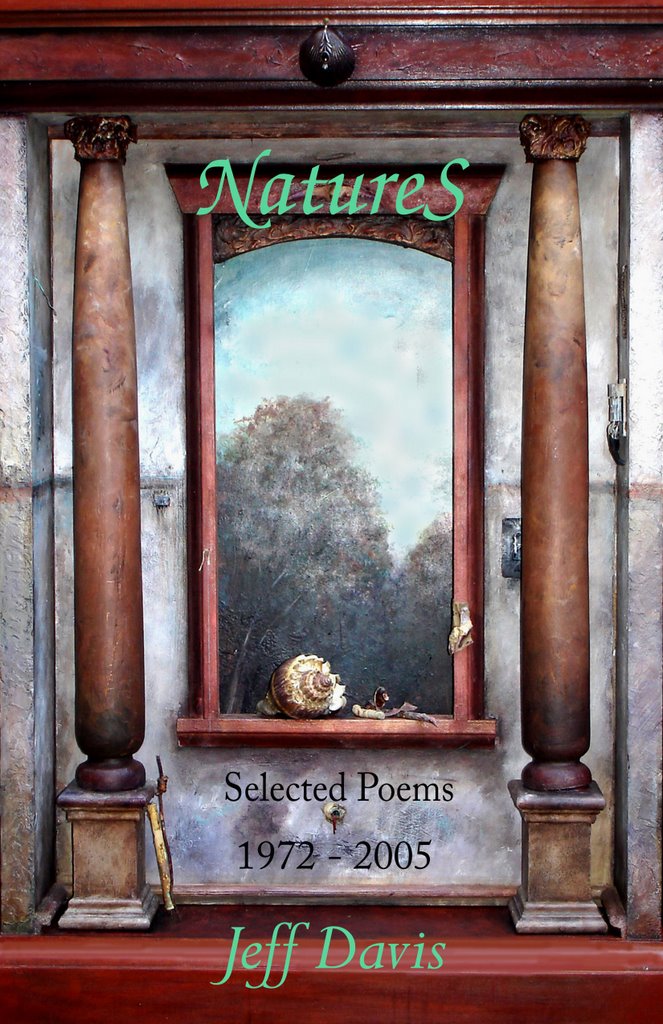The Golden Compass

MSNBC's review this morning calls The Golden Compass "a breathtakingly exciting creation of a thrilling universe and its characters." And it's very good, a beautifully realized fantasy. Nicole Kidman "oozes old-school Hollywood glamour", indeed, but Dakota Blue Richards (seen in the photo above), who plays the protagonist, does a fabulous job with her role as well.
I haven't read the book, so won't comment on the controversy surrounding the portrayal of the sinister hegemonic entity against which Richards' character struggles. Film has massive power of suggestion and implication, though, and I'm not sure what would have been gained by explicit reference to that entity as "the church".
The animation of the personal "dæmons", or spirit animals, is wonderfully done; it occurred to me as I was leaving (disappointed that the movie wasn't going to last another three or four hours), that it probably wouldn't have been possible to produce this film until the last fews years' advances in computer animation. The dæmons were the first hint that we weren't simply in a period costume drama, and they were so beautifully brought to life that I quickly accepted them into the cosmological frame of things, just another dimension of the narrative.
This one's worth the trip to your local theater to see on the big screen. In fact, I hope the cast and crew are already filming the sequel; I'd hate to have to wait three years for the continuation of this particular adventure.
~~~~~~~~~~~~~~~~~~~~~~~~~~~~
Update: Well, okay, I guess I will wade into one part of the debate over this film after all. Maria over at Crooked Timber, who has read Philip Pullman's His Dark Materials, on the first volume of which The Golden Compass is based, didn't much care for the film. She's particularly disturbed that the Magisterium is not specifically portrayed as religious, that the hegemony isn't explicitly a theocratic power; along the way she says this is important because
Life in a theocracy means everyone – not just members of the Communist party or the military junta – must live out the philosophy of the rulers every day of their lives. There is a peculiarity to a complete absence of the separation of church and state that doesn’t prevail in a communist or a fascist state. When there is no distinction between religious and secular power, it’s not enough to obey the rules, you have to believe in them, too.The same requirement of belief, though, can obtain even in secular totalitarian states that have ostensibly eliminated religion. In such a state, the good citizen believes in the "new [insert name of preferred ideology here] man/woman", the "triumph of the proletariat", or some other historical apotheosis; if one fails at this, there are "re-education camps" to bring one around. The type of coercion of faith she sees as the primary theme of The Golden Compass, and His Dark Materials as a whole, certainly isn't limited to theocracies.
She does note, somewhat plaintively, that "public atheist Pullman says he isn’t perturbed at all by the complete excision of theocratic corruption in the film because all forms of totalitarianism are the same." Unhappily for Maria, the author is, I think, right in this belief.
Still, her post does make me think it might, perhaps, be worthwhile to read the series after all. No doubt I'll have plenty of time before the next volume shows up on the old silver screen.
Labels: Films, Golden Compass

0 Comments:
Post a Comment
<< Home